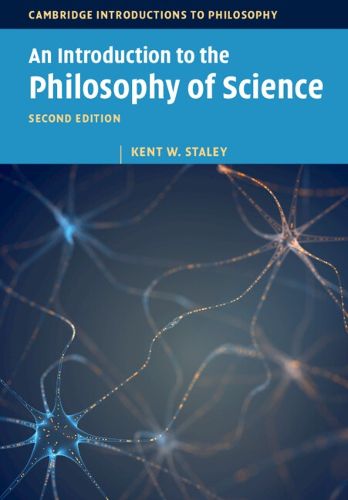Readings Newsletter
Become a Readings Member to make your shopping experience even easier.
Sign in or sign up for free!
You’re not far away from qualifying for FREE standard shipping within Australia
You’ve qualified for FREE standard shipping within Australia
The cart is loading…






This thoroughly updated second edition guides readers through the central concepts and debates in the philosophy of science. Using concrete examples from the history of science, Kent W. Staley addresses questions about what science is, why it is important, and the basis for trust in scientific results. The first part of the book introduces the central concepts of philosophy of science, with updated discussions of the problem of induction, underdetermination, rationality, scientific progress, and important movements such as falsificationism, logical empiricism, and postpositivism, together with a new chapter on social constructionism. The second part offers updated chapters on probability, scientific realism, explanation, and values in science, along with new discussions of the role of models in science, science in policy-making, and feminist philosophy of science. This broad yet detailed overview will give readers a strong grounding in philosophy of science whilst also providing opportunities for further exploration.
$9.00 standard shipping within Australia
FREE standard shipping within Australia for orders over $100.00
Express & International shipping calculated at checkout
This thoroughly updated second edition guides readers through the central concepts and debates in the philosophy of science. Using concrete examples from the history of science, Kent W. Staley addresses questions about what science is, why it is important, and the basis for trust in scientific results. The first part of the book introduces the central concepts of philosophy of science, with updated discussions of the problem of induction, underdetermination, rationality, scientific progress, and important movements such as falsificationism, logical empiricism, and postpositivism, together with a new chapter on social constructionism. The second part offers updated chapters on probability, scientific realism, explanation, and values in science, along with new discussions of the role of models in science, science in policy-making, and feminist philosophy of science. This broad yet detailed overview will give readers a strong grounding in philosophy of science whilst also providing opportunities for further exploration.